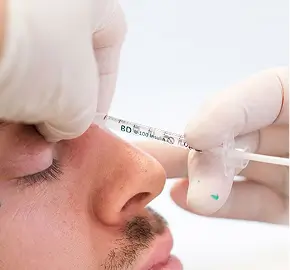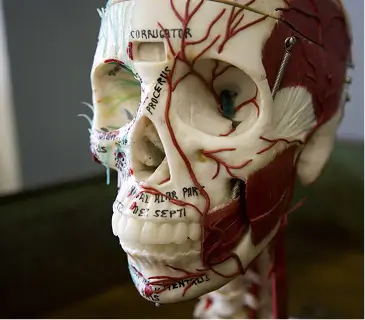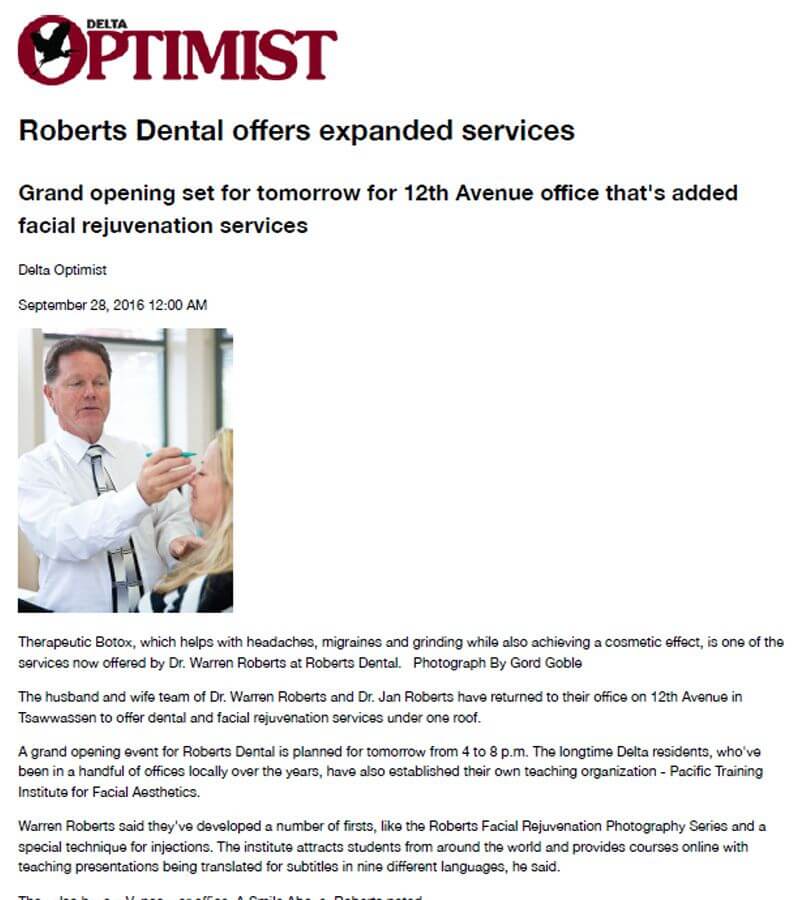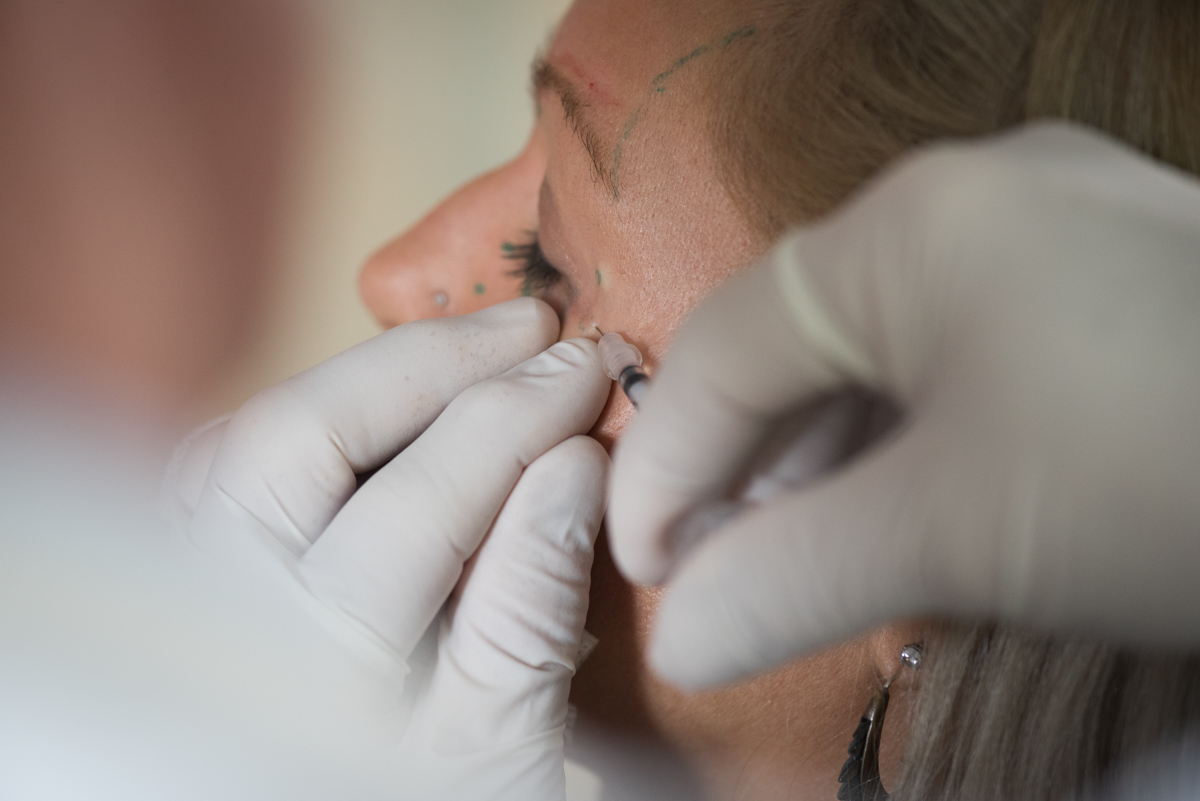
Curious about Botox® in Nursing?
Discover how incorporating Botox® and aesthetic injectables can transform your nursing career, offering new opportunities for professional growth and increased income potential.
Our specialized Nurse Injector Course provides the comprehensive training, hands-on experience, and clinical confidence you need to excel in this rewarding field while maintaining the highest standards of patient care.
Explore Benefits
For You &
Your Practice
Comprehensive training offering:
Both therapeutic & aesthetic applications
Anatomy based (16+ hrs)
Extensive clinical hands-on (8+ patients)
Separate team training courses
Applications for:
Migraine, Headache & TMD
Fine facial lines & wrinkles
Gummy & canted smiles
Platysma bands
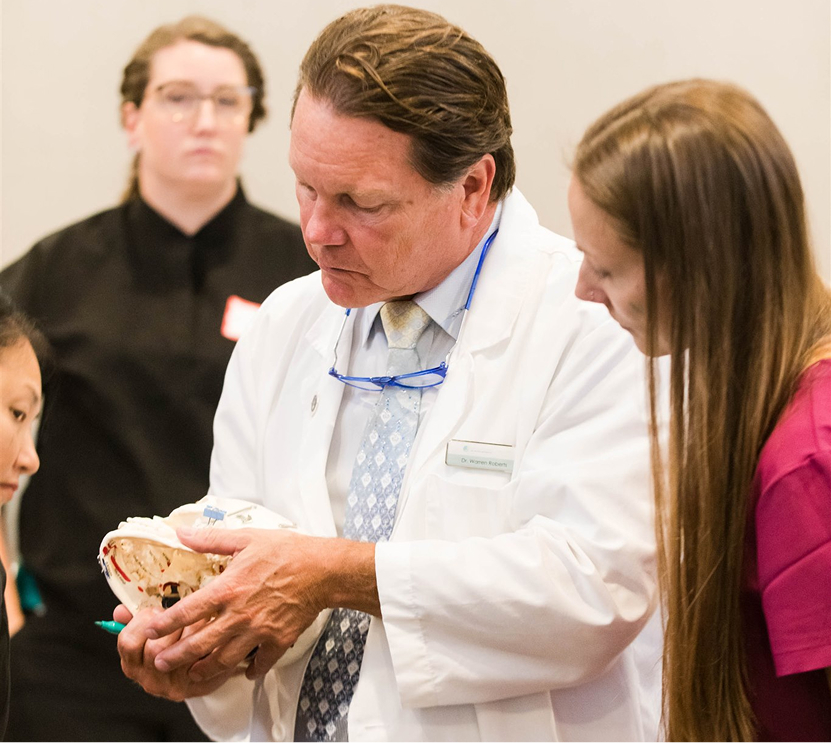
Why Nurses and Botox®?
Aesthetic nursing is a non-publicly funded service, which makes it unique from traditional nursing roles. Here are some of the benefits of aesthetic nursing we have heard from our graduates:
Transition to a fun and rewarding nursing role by helping your patients look and feel better
Ability to spend more time with patients
Ability to exercise your own creativity by helping patients achieve the appearance they want
Ability to develop a sustainable and fulfilling career in aesthetics
Ability to develop your own client base
More flexibility with the opportunity to work autonomously, either in an aesthetic clinic or alongside a medical/dental professional
A more relaxed clinical environment working in aesthetic practices vs. hospital/emergency rooms
Key Benefits of Offering Botox in Nursing
Our graduates report transformative practice results, including:
A highly
engaged and motivated team
Enhanced
patient care and long-term loyalty
Increased
practice revenue and growth
Step-by-Step to Injectable
Excellence
Learn our proven clinical protocols to achieve predictable & desired Botox® results.

Step 1
Online Learning
Start today with the online Level 1 course & begin your training with a solid foundation of anatomy (16+ hrs)
Register Now
Step 2
Clinical Hands-on Training
Master the anatomical marking technique on Day 1 of the hands-on, prior to a full-day of clinical injecting on Day 2.

Step 3
Ongoing In Practice Support
Join the online study club & receive case support, practice integration templates & additional training videos.
“Best Course I’have taken since
graduating in 1996”

Georgie Perry
Dentist
Our graduates success stories
5.0 (250+ Reviews)
+8.000 Graduetes
“For those just starting, if you are searching and comparing which course to take. STOP SEARCHING. THIS IS THE ONE. You will gain the confidence and competence to immediately add cosmetic injectables to your existing practice. For those, that think they have seen it all, you will gain UNRESTRICTED ACCESS TO THE MOST EVIDENCE AND PRACTICE-BASED APPROACHES AND TECHNIQUES that have ever been willingly shared by any other top practitioners in the industry. I walked away from the Level 2 training with a re-energized passion for the industry and a myriad of new approaches and techniques that will further improve my practice and allow me to deliver even better results for my clients.”
“The courses at PTIFAT are comprehensive – the theory and hands-on clinical components are exemplary. I was completely in awe of the Level 1 course and the anatomy content that was delivered. Having taught post secondary for many years I was very pleased to see such an effective method of delivery of teaching and learning as what was used in the online component. It was also very impressive how the first day of Level 2 brought forward the theory learned in Level 1 and was integrated in a hands-on format. The use of a cadaver for the hands on took the learning for me to a higher level. Furthermore, the clinical day spent in groups with one Instructor per small group was such an incredible day! The Instructors were supportive, yet asked thought provoking questions that really encouraged me to integrate the theoretical aspect. Upon completion of the course we were welcomed to join the study club…..what a perfect strategy for helping graduates bridge what was learned in the courses to our clinical practice. If you are contemplating where to take your courses I would strongly recommend the PTIFAT. Many other course providers have taken the PTIFAT template and rebranded it. PTIFAT has long been recognized world-wide for the outstanding courses they offer & are grounded by a solid foundation of knowledge and experts in the field. Furthermore, they continue to integrate current and credible literature and research to further evolve their courses and injection techniques.”
Did You Know?
99%
of negative side effects
are injector related?
Learn Dr. Roberts’ Anatomic Landmarking Template & Weal Injection Technique to achieve predictable results, minimize unwanted side effects and provide the highest level of patient care.
Courses
Start Today Level 1: Online Course
Upcoming Events/Course
Upcoming Events/Course
Initial Outlay

Tuition Expense
Level 1 – Online Anatomy Course
$1,895
Level 2 – Basic Botox® Course
1 Practitioner
$3,800
1 Team Member
$998
Supplies Expense
Set-up Tray
$299
Cost of Botulinum Toxin
$283 – $383 / vial
+
Total
$7,375
(+taxes)
Nurses will see a complete return on their training investment in less than two months (based on seeing six botulinum toxin patients, not including cost of Dysport/Botox® product). Besides ordering product and incorporating a tray system, offering botulinum toxin as a treatment requires no additional equipment or investment. Upon graduating from Level 2, you will be able to offer both the aesthetic treatments for reducing the signs of aging (ie: fine facial lines and wrinkles), as well as the therapeutic treatments (ie: bruxing/clenching/grinding/TMD/migraines/headaches).
We’re in the media
Explore some of our published articles in leading dental journals and publications, showcasing Drs. Roberts’ expertise and innovation of Botox in dentistry.
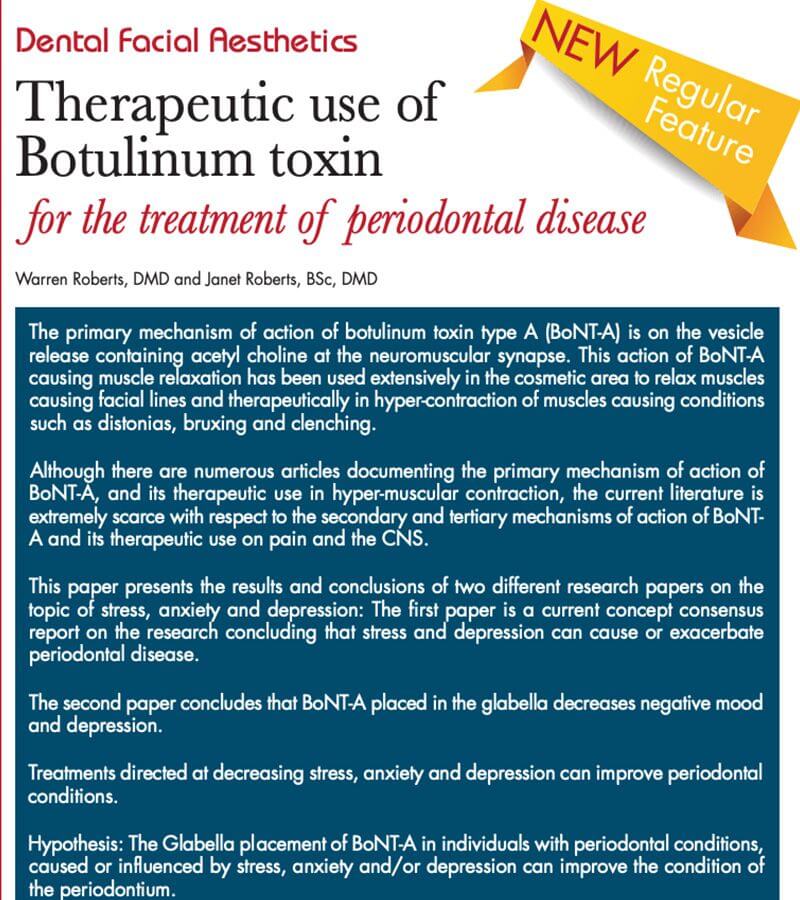
Spectrum Dental Teamwork
Therapeutic use of Botulinum Toxin for the Treatment of Periodontal Disease
Read More
As Seen In
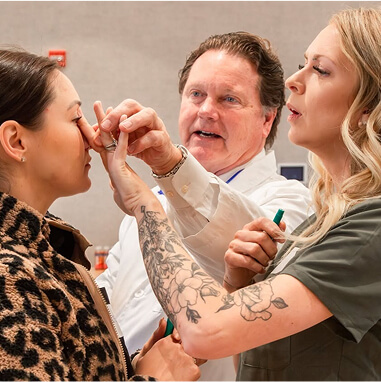
Launch injectables & increase practice revenue
View Botox Courses
FAQ
Our educational content is thoughtfully created and structured to allow dental and medical graduates to be successful in achieving predictable results – with little to no side effects. To do this, practitioners require a deep understanding of underlying anatomy, as well as a specific treatment and injection practices that provide the highest level of patient care. Both topics of botulinum toxin and dermal fillers require ample anatomy-based instruction and clinical hands-on practice. It is not possible to obtain the depth of skill needed to be successful at both in a combined botulinum toxin/dermal filler course.
While no medical boards in Canada have formally adopted the FETAP Standard of Practice yet, we hope that they will align with FETAP to establish a single, highest standard of patient care. In the meantime, our training programs align with and fulfill the Continuing Medical Education (CME) requirements relevant to a physician’s practice. Earn CME (Category 2) credits upon the completion of each level.
Level 1 is an online course open to all participants regardless of location or licensing status. For hands-on courses (Level 2 and above), participants must have:
- Current professional license in their jurisdiction
- Valid malpractice insurance coverage
All practitioners should verify scope and practice guidelines with their local licensing board before registering for any hands-on courses.
Typically, yes nurses can provide these services to patients. Please appreciate that PTIFAT trains medical graduates from across the world, and that we always recommend that you check-in with your local licensing college for details.
There is significant overlap between aesthetic and therapeutic treatments. Therapeutic treatment can have aesthetic side effects and vice versa. A thorough understanding of how the two are related is required for effective and appropriate treatment. The PTIFAT Therapeutic and Aesthetic Templates illustrates their synergy. Precise anatomical placement and proper dosage is required in each case. Higher dosage than that used for aesthetic treatment alone results in reduction of headaches and migraines (see Allergan’s PREEMT study). A threshold dosage, carefully placed, must be reached in order to obtain therapeutic relief. At this juncture, the secondary and tertiary mechanisms of action of botulinum toxin come into play, and there is a synergy between aesthetic and therapeutic outcomes. That’s why our Level 2 course has been designed to teach you the aesthetic use of botulinum toxin in the upper face, as well as the therapeutic use for reducing pain (migraines/ headaches/TMJ/ bruxing/etc). For learning therapeutic treatment skills we recommend the Level 1 online and Level 2 hands-on courses as a minimum. Level 3 takes the therapeutic training deeper. To learn more, review Dr. Roberts’ article “Botulinum Toxin: Not Just a Pretty Face”..
Still Have a Question?
Reach Out Us
Call Us
Explore Our Free Botox® Resources
All designed to give you a taste of our world-class Standard of Practice training.
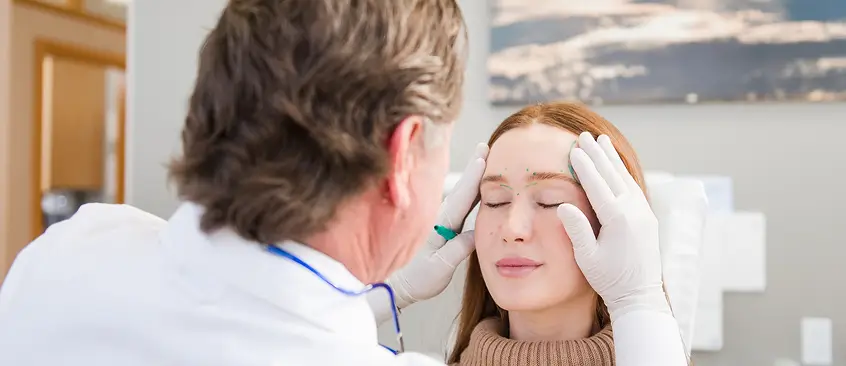
Uncover an Additional $125,000 in
Your Practice
Discover the Synergy Between Therapeutic & Aesthetic Applications of Botox®.
Download Now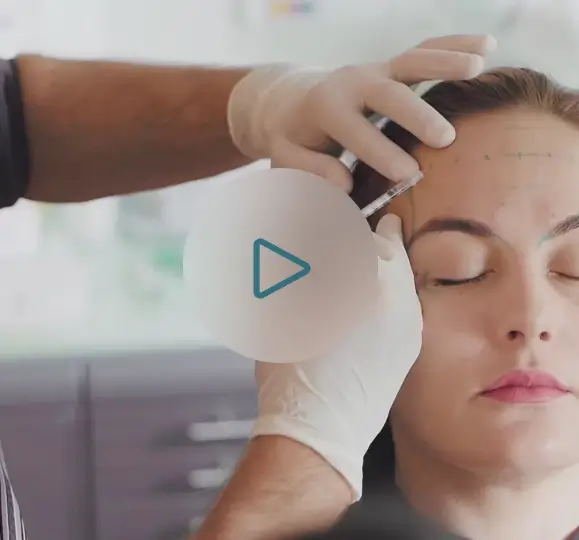
Free Botox® Training Videos
Expert-led free videos to elevate your knowledge in facial aesthetics today.
